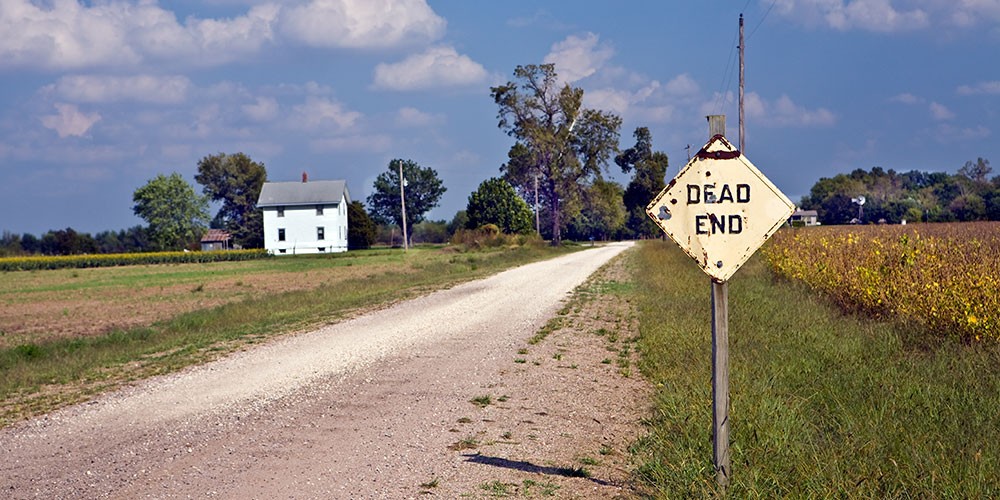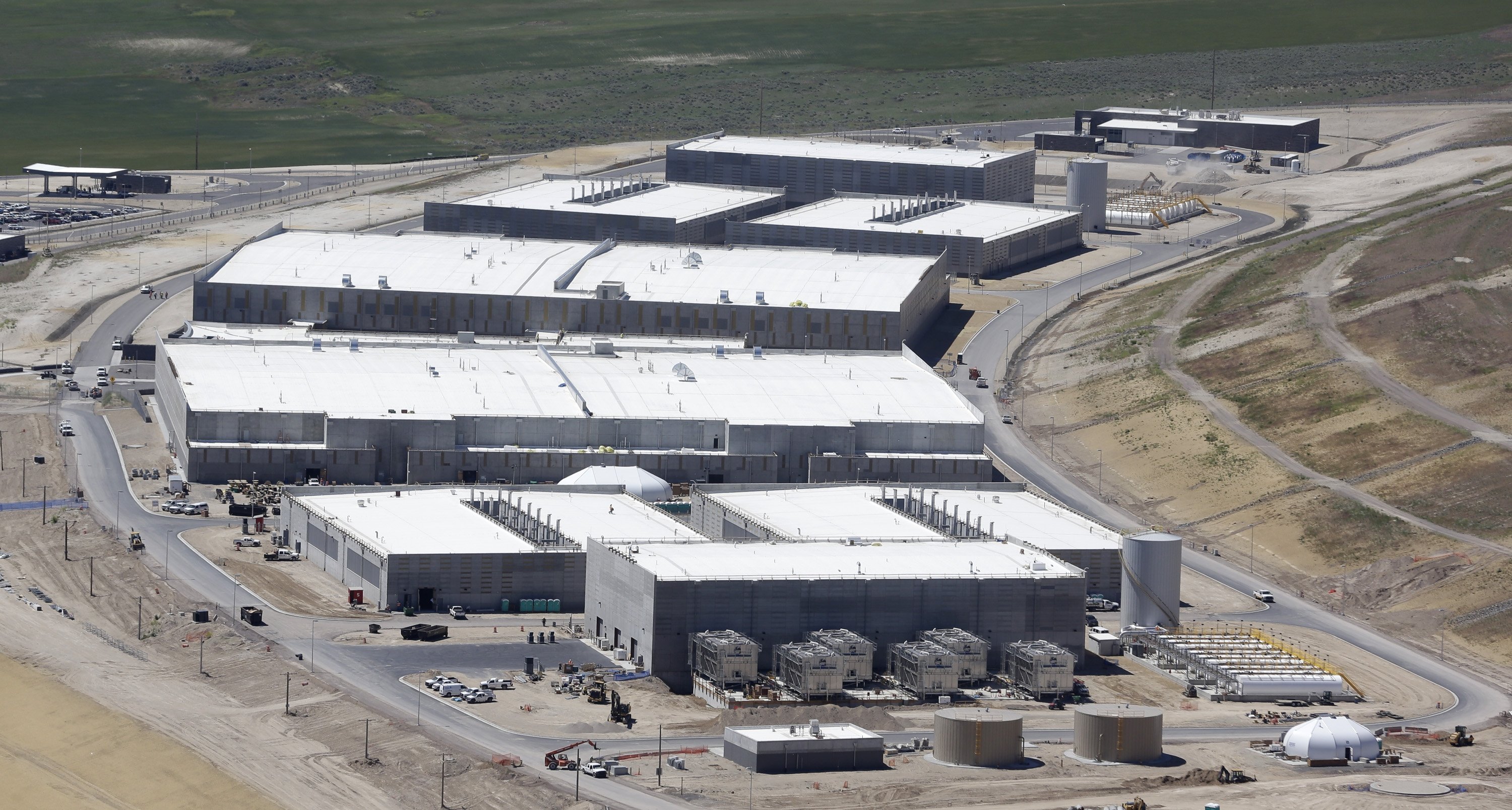Filed under: Anarchist Movement, Capitalism, Editorials

I went on a voyage recently. I took a train. I knew I would see more of the country that way. One can meet all sorts when traveling. I’m a city boy through and through, but I decided to take the opportunity to talk with some of the people traveling between small towns. The media bombards us with generalizations about rural people. I’ve heard people say things about country folks that might get them ostracized if they said it about a different group. It didn’t take long talking to blow these stereotypes out of the water. Last fall, this Cracked article examining media depictions of rural America, and the political consequences got over 8 million hits.
There is a deep knowledge some people out in the countryside have that is lost to city dwellers. I asked a man where he was going. He explained that he was moving because he couldn’t afford to live in the area anymore. He had lived in this scenic area for years, but wealthy people had started moving in, and now rent was unaffordable to many. I asked more questions. Young people who grew up there are leaving. The best pay to be had is only about $12/hr, and with rent at $900/month, many are being priced out.
I remarked that similar dynamics play out in the city. One of the first things he said about these wealthy newcomers was, “Well, they earned it.” He said it as if by rote, and sounded just a bit unconvinced. I didn’t drive the conversation hardly at all. Most of it was him telling me things about the land that he clearly knew very well. What things look like at different times of year, what animals live in the area, what activities he’d spent time on. He didn’t want to be leaving this place, but had resigned himself. The class antagonism was there, right beneath the surface. It came out at times.
A nurse came and sat next to us. They were both older than me and started talking about conditions and procedures they’d had. It wasn’t difficult to shift the conversation towards drug prices. I directed my question at the nurse, playing dumb. She gave a detailed explanation of how the government helps industry fleece people by banning generic drugs from being taken across the border. “So they really let people die just to make money?,” I asked. She answered in the affirmative, adding, “Most rich people really don’t care.” There was also a moment where the man expressed his reservations about people, “On the dole.” I let this pass without comment. He told me a bit about his daughters and their life together when the two of them were still young.
During this conversation, as we passed some of the beautiful scenery that was bringing in these well-heeled newcomers, I imagined what it would be like to live out here myself. Could I come to enjoy small town life? It’s not out of the question. In some of the conversations I had with younger folks on the train, I was able to be quite a bit more open with my subversive politics. The zines I brought with me were of great interest to some of them. The topic that got the man most agitated might have been corporate agriculture, specifically the use of pesticides and GMOs. He’d grown up on a farm, and shared some of his tips for taking care of the land. Knowing the land has subversive potential, knowing its history doubly so.
There is a glut of skill in the rural working class that goes unacknowledged by the media. Our movement cannot succeed if we neglect to reach out and show solidarity with people outside cities. These areas between are full of not only vital economic infrastructure, but deeply knowledgeable people who’ve become increasingly disenfranchised. This experience reminded me how important it is to talk to new people, and to listen and learn from them. Surely if we don’t, our enemies will.

Here are some things around which anarchists in urban and rural areas can hope to build up some measure of solidarity to combat our mutual subjugation to state, capital, and whatever other assholes think they’re in charge. Farms, prisons, pipelines, and other critical parts of the global economic regime are located in rural regions. One particular site of interest is the NSA databank that guzzles down 1.7 million gallons of water per day in the middle of the desert. Reformers have already taken up the call to shut them down. Perhaps a direct action approach would meet with more success. Two key axis of oppression that ensnare both country and city folk still are drug addiction and patriarchy.
Non-puritan, harm reduction approaches to drug addiction is sorely needed. Providing solidarity to drug addicts and sexual assault survivors, as the Twin Cities General Defense Committee already is doing. Mostly white communities are being devastated by heroin right now, as conditions on Native reservations and in farm labor communities continue to worsen, and the liberal media are practically in favor of this since they give it so little coverage. Bear in mind that many Americans cannot distinguish between liberals, the left, and anarchism.
Emerging conservative media attempts to depict anarchists and leftists as the ones who are acting in cross-class alliances, and to some people supporting Trump is an act of workerist / patriarchal rebellion against liberal-left elites. Pollsters (who one should never place blind trust in as business unions and others have) are just now telling us that most Americans view unions favorably. I’m on a center right page on facebook. It centers on a popular podcast by a guy who was originally in radio but made the switch early. His own inspiring story of seizing the means of production by the way but that’s beside the point. When FDR’s 10 suggested constitutional amendments, aka the Economic Bill of Rights, were posted on the forum, the only one they all mostly agreed on was number ten, the right to form a union.
It’s a horrible tragedy that the IWW, the anti-bureaucratic union, still has been held back decades by it’s own internal battles against centralized control and patriarchy, but the unionist movement is poised to come back with a vengeance (in many countries it never left), and with all it’s historic contradictions.
Can rural and urban anarchists unite around knowing the land, supporting the labor struggles of prisoners and farmworkers, supporting sexual assault survivors and drug addicts? A better future depends on it. After my trip, I heard that Amtrak is going to be cut (again) by Trump. This is a capitalist who claims to support better infrastructure attacking some of the only infrastructure we have left.
The voyage that I took may not be possible by train in a few short years. And small towns will be hit hardest. Unless we do something about it.





